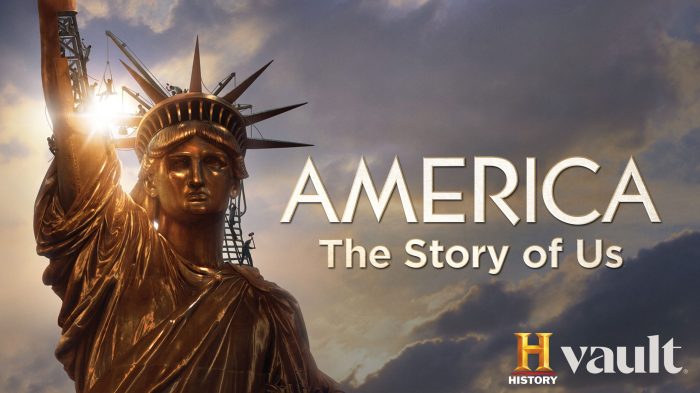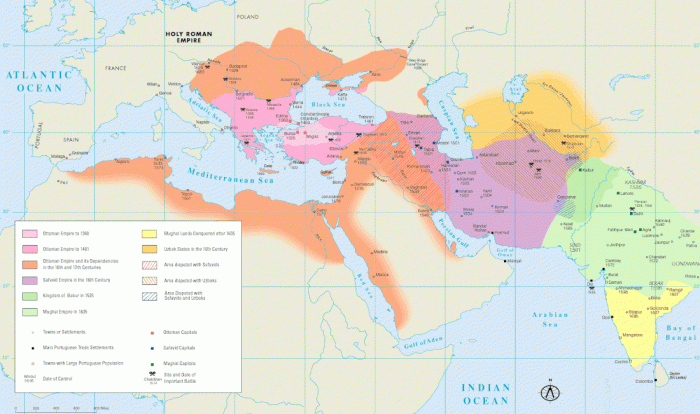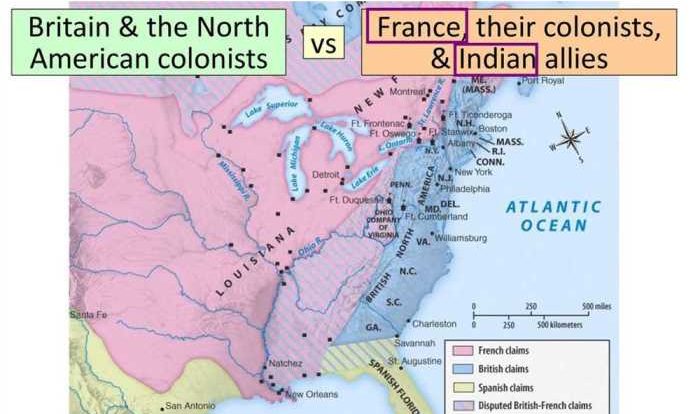Embark on an intriguing journey into the enigmatic world of “kennedy and others crossword clue,” where we unravel the intertwined destinies of a prominent American family and their enduring impact on history. From the hallowed halls of power to the depths of conspiracy theories, this crossword clue holds a wealth of stories waiting to be deciphered.
The Kennedy family, a dynasty of political giants, has left an indelible mark on the American landscape. From John F. Kennedy’s tragic assassination to the tireless activism of Robert F. Kennedy and Edward M. Kennedy, their lives and legacies continue to captivate and inspire generations.
Kennedy Family History
The Kennedy family is an American political dynasty that has produced numerous prominent politicians, including a president, senators, and other elected officials. The family’s political influence began with Joseph P. Kennedy Sr., a wealthy businessman and diplomat who served as the United States Ambassador to the United Kingdom from 1938 to 1940.
Joseph P. Kennedy Sr.’s eldest son, John F. Kennedy, was elected president of the United States in 1960. He was assassinated in 1963, just over two years into his term. His younger brother, Robert F.
Kennedy, served as the United States Attorney General from 1961 to 1964 and was a leading candidate for the Democratic presidential nomination in 1968 when he was assassinated. Another younger brother, Edward M. Kennedy, served as a United States Senator from Massachusetts from 1962 to 2009.
Notable Achievements and Contributions, Kennedy and others crossword clue
- John F. Kennedy: President of the United States, 1961-1963; established the Peace Corps; negotiated the Cuban Missile Crisis; launched the Apollo program that landed the first humans on the Moon.
- Robert F. Kennedy: United States Attorney General, 1961-1964; led the Civil Rights Division of the Department of Justice; investigated organized crime and racketeering.
- Edward M. Kennedy: United States Senator from Massachusetts, 1962-2009; known as the “Lion of the Senate”; passed the Americans with Disabilities Act; worked to expand healthcare access.
Assassination of John F. Kennedy: Kennedy And Others Crossword Clue
On November 22, 1963, President John F. Kennedy was assassinated while riding in a motorcade in Dallas, Texas. The assassination had a profound impact on American society and politics, and its legacy continues to be debated today.
Circumstances of the Assassination
Kennedy was traveling in a motorcade with his wife, Jacqueline, and Governor John Connally of Texas when he was shot. The motorcade was traveling through Dealey Plaza when shots rang out. Kennedy was struck in the head and neck, and Connally was also wounded.
Kennedy was rushed to Parkland Memorial Hospital, where he was pronounced dead at 1:00 PM CST.
Lee Harvey Oswald
Lee Harvey Oswald was arrested shortly after the assassination and was charged with Kennedy’s murder. Oswald was a 24-year-old former Marine who had defected to the Soviet Union in 1959. He returned to the United States in 1962 and had been living in Dallas for several months before the assassination.
Legacy of the Assassination
The assassination of John F. Kennedy was a traumatic event for the United States. It led to a period of national mourning and a loss of confidence in the government. The assassination also had a profound impact on American politics, leading to the passage of the Civil Rights Act of 1964 and the Voting Rights Act of 1965.
Kennedy Assassination Theories
The assassination of John F. Kennedy has been the subject of numerous conspiracy theories over the years. These theories range from the plausible to the outlandish, and some have gained significant traction among certain segments of the population.
One of the most common conspiracy theories is that Kennedy was assassinated by a conspiracy involving multiple shooters. Proponents of this theory point to the fact that there were multiple shots fired at Kennedy, and that the shots came from different directions.
They also argue that the official investigation into the assassination was flawed, and that evidence was suppressed or tampered with.
Another popular conspiracy theory is that Kennedy was assassinated by the Central Intelligence Agency (CIA). Proponents of this theory argue that the CIA had a motive to assassinate Kennedy because he was planning to withdraw American troops from Vietnam. They also point to the fact that several CIA operatives were involved in the assassination plot, and that the CIA has a history of assassinating foreign leaders.
There are many other conspiracy theories about the assassination of John F. Kennedy. Some of these theories are more outlandish than others, and there is no consensus on which theory is correct. However, the assassination of John F. Kennedy remains one of the most controversial events in American history, and the conspiracy theories surrounding it continue to fascinate and intrigue people to this day.
The Official Investigation
The official investigation into the assassination of John F. Kennedy was conducted by the Warren Commission. The commission concluded that Lee Harvey Oswald was the lone gunman who assassinated Kennedy. The commission’s findings have been widely accepted, but there are still some people who believe that the commission’s findings were flawed.
Ongoing Debates and Controversies
The assassination of John F. Kennedy continues to be the subject of debate and controversy. Some people believe that the official investigation was flawed and that there is evidence to support a conspiracy theory. Others believe that the official investigation was accurate and that there is no evidence to support a conspiracy theory.
The debate over the assassination of John F. Kennedy is likely to continue for many years to come. The assassination was a traumatic event for the American people, and it is understandable that people would want to know the truth about what happened.
Kennedy Brothers in Politics
The Kennedy brothers, John F. Kennedy, Robert F. Kennedy, and Edward M. Kennedy, were all prominent figures in American politics during the 20th century. They shared a commitment to social justice and liberalism, but their political careers and legacies were shaped by their unique personalities and circumstances.
Ideologies
All three Kennedy brothers were Democrats who supported progressive policies. John F. Kennedy was a Cold War liberal who believed in the importance of a strong national defense and social welfare programs. Robert F. Kennedy was a more radical liberal who advocated for civil rights and economic equality.
Edward M. Kennedy was a moderate liberal who worked to expand healthcare access and protect the environment.
Leadership Styles
John F. Kennedy was a charismatic and inspiring leader who was able to connect with people from all walks of life. Robert F. Kennedy was a tough and determined leader who was not afraid to take risks. Edward M.
Kennedy was a skilled negotiator and consensus-builder who was able to work with both Democrats and Republicans.
Legislative Accomplishments
John F. Kennedy’s most notable legislative accomplishments include the establishment of the Peace Corps and the passage of the Civil Rights Act of 1964. Robert F. Kennedy’s most notable legislative accomplishments include the passage of the Voting Rights Act of 1965 and the creation of the Department of Housing and Urban Development.
Edward M. Kennedy’s most notable legislative accomplishments include the passage of the Americans with Disabilities Act and the expansion of Medicaid.
Impact on American Politics and Society
The Kennedy brothers had a profound impact on American politics and society. They helped to shape the Democratic Party’s commitment to social justice and liberalism. They also played a key role in the civil rights movement and the expansion of social welfare programs.
The Kennedy brothers’ legacy continues to inspire politicians and activists today.
Kennedy Legacy
The Kennedy family has left an indelible mark on American culture and politics. Their contributions have shaped the nation’s history and continue to inspire future generations.The Kennedys have a long history of public service. Joseph P. Kennedy Sr.,
the patriarch of the family, served as the first chairman of the Securities and Exchange Commission and as the U.S. ambassador to the United Kingdom. His sons, John F. Kennedy, Robert F. Kennedy, and Edward M.
Kennedy, all served in the U.S. Senate. John F. Kennedy was elected president in 1960, and his presidency was marked by a number of significant achievements, including the establishment of the Peace Corps and the passage of the Civil Rights Act of 1964.The
Kennedys have also been involved in a number of charitable and philanthropic endeavors. The Robert F. Kennedy Center for Justice and Human Rights, founded in 1968, works to promote human rights and social justice. The Edward M. Kennedy Institute for the United States Senate, founded in 1992, is dedicated to educating the public about the Senate and its role in American democracy.The
Kennedy legacy is one of public service, activism, and philanthropy. The Kennedys have dedicated their lives to making a difference in the world, and their work has had a profound impact on American society.
Ongoing Efforts to Preserve and Honor the Kennedy Legacy
There are a number of organizations, memorials, and educational initiatives dedicated to preserving and honoring the Kennedy legacy. The John F. Kennedy Presidential Library and Museum in Boston houses a collection of artifacts and documents related to Kennedy’s life and presidency.
The Robert F. Kennedy Memorial Stadium in Washington, D.C., is named in honor of the former attorney general and senator. And the Edward M. Kennedy Institute for the United States Senate in Boston offers a variety of educational programs about the Senate and its role in American democracy.These
organizations and initiatives play an important role in keeping the Kennedy legacy alive and inspiring future generations. They provide opportunities for people to learn about the Kennedys’ lives and work, and they help to promote the values of public service, activism, and philanthropy.
FAQ Overview
Who were the key members of the Kennedy family?
John F. Kennedy, Robert F. Kennedy, Edward M. Kennedy
What was the significance of John F. Kennedy’s assassination?
A profound impact on American society and politics, shaping the course of the nation’s history
What are some of the conspiracy theories surrounding the Kennedy assassination?
Involving the CIA, the Mafia, and even a lone gunman


